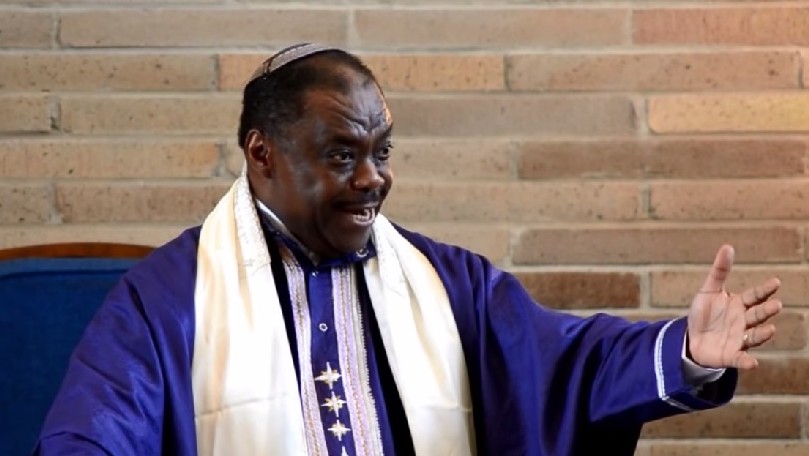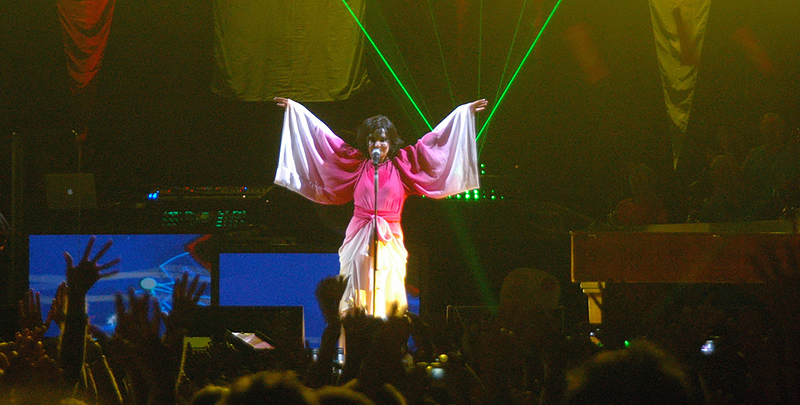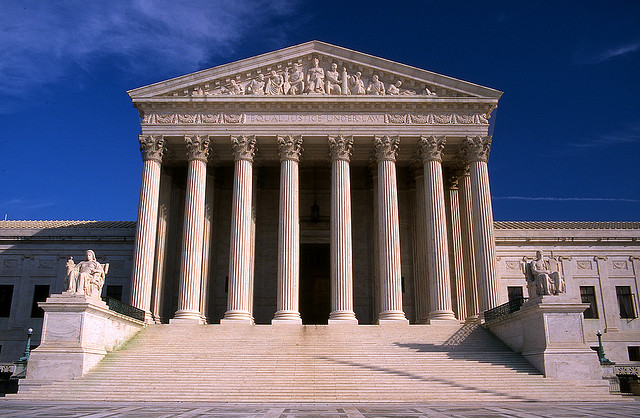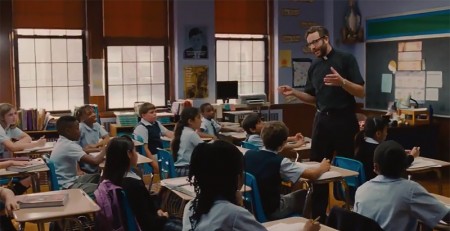Religious Cultures Under the Radar: Jews of African Descent

Judith Weisenfeld On October 4, 2015, the International Israelite Board of Rabbis, a body overseeing a group of congregations of Jews of African descent, voted to elevate Capers Funnye, rabbi of Chicago’s Beth Shalom B’nai Zaken Ethiopian Hebrew Congregation and first cousin to Michele Obama, to the position of Chief Rabbi. Installed on October 24 at a ceremony in his home synagogue, Funnye became the third Chief Rabbi in the history of the Israelite Board, which has its origin in the Commandment Keepers Ethiopian Hebrew Congregation founded in Harlem in the early 20th century by St. Kitts native Rabbi Wentworth Matthew and the first Chief Rabbi.
Under-the-Radar Religion for Nones: Björk’s ‘Vulnicura’

Mark Hulsether If there is any part of our culture where the (typically noxious) idea of trickle-down influence actually makes sense, Björk is a good place to look. She ranks amid an extremely select handful of musician’s musicians whose creative innovations especially matter. This year her superb record, Vulnicura, flew less under the popular radar than some of her earlier work, since it was coordinated with an exhibit showcasing her fashion innovations at New York’s Museum of Modern Art and features in the New Yorker and New York Times Magazine.
Reflections on the Sacred at Year’s End

Louis A. Ruprecht, Jr. The consequences of this decision thus may not be as benign as the majority opinion suggests in the end. “The First Amendment ensures that religious organizations and persons are given proper protection as they seek to teach the principles that are so fulfilling and so central to their lives and faiths” (27), Kennedy reassures us. But unless I misunderstand him, he has simply authorized religious persons and groups opposed to this decision to continue to speak out against it, in emphatic terms. This culture war is just getting started.
2015: The Year in Religion

Gary Laderman Death. Violence. Carnage. Hatred. Warfare. Demonization.
Bliss. Transcendence. Community. Comfort. Love. Glorification.
Overall, I’d say this year has been a mixed bag for religion. But then again, I’d have to say that every year throughout human history religious acts and beliefs have brought both bad and good to communities of people across the globe. America in 2015 is no different.
Training The Religious Memory

Jolyon Baraka Thomas There is nothing quite so touching (or quite so irritating) as having a total stranger slump against you in a deep sleep on a Tokyo train. Like the Internet, Tokyo trains are equally intimate and anonymous. They are spaces where one encounters fellow Tokyoites in all their wacky fashion, their frenetic mobile phone gaming, their inane conversations, their drunken abandon. Tokyo trains are raucous in the evenings and eerily silent during the day. They are often uncomfortably crowded, but they are nevertheless a place to temporarily let down one’s guard. I’ve actually boarded the Yamanote circle line and ridden it all the way around the city just so I could sneak in an hour-long nap.
Indian Summers: Free Ramu Sood Edition

This is our final post in a series of discussions about the PBS Masterpiece series Indian Summers that aired on PBS. Sacred Matters’ managing editor Michael J. Altman and Ilyse Morgenstein Fuerst, assistant professor of religion at the University of Vermont, will offer their reviews of the series as it airs in the United States. NOTE: THERE ARE SPOILERS.
Progressive Priests and Pastors in Recent Popular Media

S. Brent Plate But I am interested in the complexity of human identity, and the ways these complexities allow a variety of practices, beliefs, and behaviors. Simply for the sake of accuracy, it is important to represent diverse channels of human character. Religious identities intersect with sexual, ethnic, racial, gendered, and national identities, and none of these are monolithic. In spite of what we might think based on media representations, not all Christians are conservatives, and not all Christian clergy are narrow-minded, abstaining teetotalers in ignorant servitude to some “Church,” some tradition.
